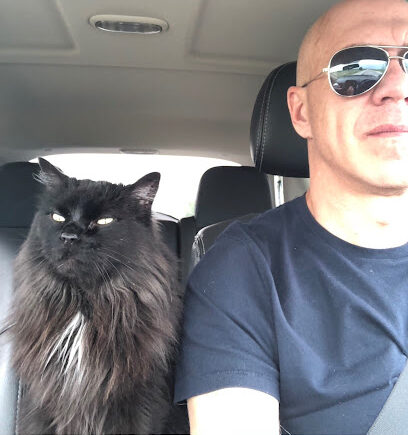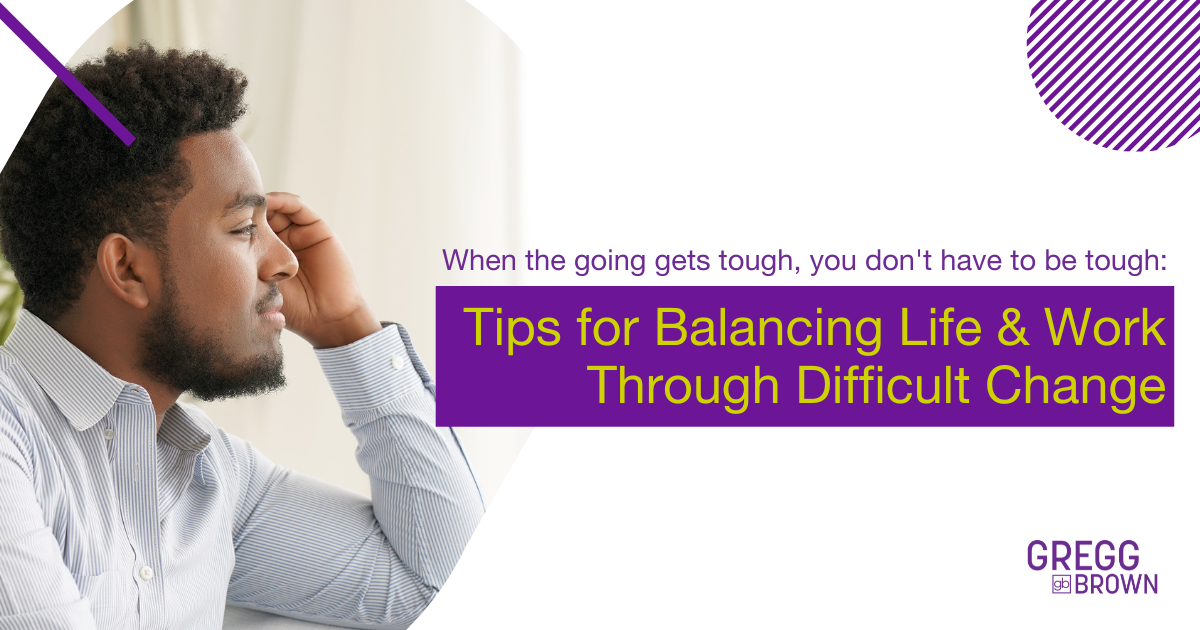If any of you have pets, you may know the pain of putting a beloved creature to rest. It is a defining moment in time. It’s one of those changes that often overlap often with our other day-to-day priorities; like work!
After 3 months of speaking engagements and extensive travel (which ended on a high note for me speaking in Aruba – see below!), I was happy to finally be home with my family in April. Life could not be busier. I have a new book coming out, I need to work on a new speaking reel, and I have to actually sit down and get caught up on the nuts and bolts of running my business – sadly, it won’t do it itself.

Now where am I going with all of this? On Wednesday, April 5th, I woke up that morning to lead a 3-hour virtual workshop for 14 people. Also, at the same time, I had to mentally process and make a decision about Tucker, our loving 16-year-old mocha-brown Siberian cat. Sadly once again, he’d been up all night, and this time the drugs the vet had prescribed, which had worked in the past, were just not working anymore. He was in extreme discomfort. I was frantic (and maybe feeling more discomfort from lack of sleep and concern for him), and I couldn’t put him through another night like we just had.

As I started the workshop, I debated on whether I should mention to the group that I had to keep my eye on a sick pet and that I would have to take a quick call from the vet.
As a side note, I believe when facilitating or speaking, one should never say, ”I’m tired, cranky, not prepared, or (insert your own word),” as sharing this masquerades as an excuse for something.
Buuuuuuut big life events are different. It’s okay to say objectively, “This is going on – I may need to stop for a moment.” You need to advocate for yourself – you need to be ok with this.
So I took the risk, told the participants I had a sick pet and may have to take a call. (I didn’t say I was tired even though I’d been up all night.) Now if this was a large 1-hour keynote, I would not have mentioned anything, as I could’ve taken the call after the keynote, but 3 hours would be a long time, and I did have to keep an eye on him. Context and timing are everything.
By telling people about what was going on, it took away the pressure I felt to ‘keep it all together.’ I was able to be honest about expecting a call – and deliver a workshop and do it well – or so they said at the end 😊. By sharing what was true for me, it was a lot of the pressure off that I had been feeling.
During change that goes on in our lives, here are a few techniques I can offer you to balance work and life:
- State objectively what’s going on, and don’t give excuses.
- When you are feeling overwhelmed with a lot going on, it means you have a lot on the go. The answer to this is to prioritize. Prioritizing puts things into context. And by the way, if you say everything is a priority, it means nothing is a priority.
- When big life events happen, they ground us in the present moment. When we are in the present moment, we often make better decisions.
- Sharing how a change is impacting you is important. Just doing that, takes the pressure off.
- Listening and acknowledgment move people down the path of change – as much as problem-solving.
- Remember, everyone handles change differently – whether it’s the loss of a pet or learning how to work in a hybrid model.
- Other than your breath, time is the most precious thing you have. Ask: “Am I using my time wisely so it leads me to where I want to go?
- You are more change ready than you think you are!
Try out one of these ideas and put them into practice. So yes, we did have to put Tucker to rest that afternoon, and yes, it is a big loss, AND at the same time, I got to lead a good workshop with 14 people by staying focused and being honest.

In lighter news: We start pre-orders in May for Spark Action: How to Lead Change That Matters. If you pre-order, you’ll get to join a 3-hour virtual workshop with me, The Future of Work Toolkit, and some other goodies. Get on this list here and download ‘7 Techniques to Lead Change That Matters”

